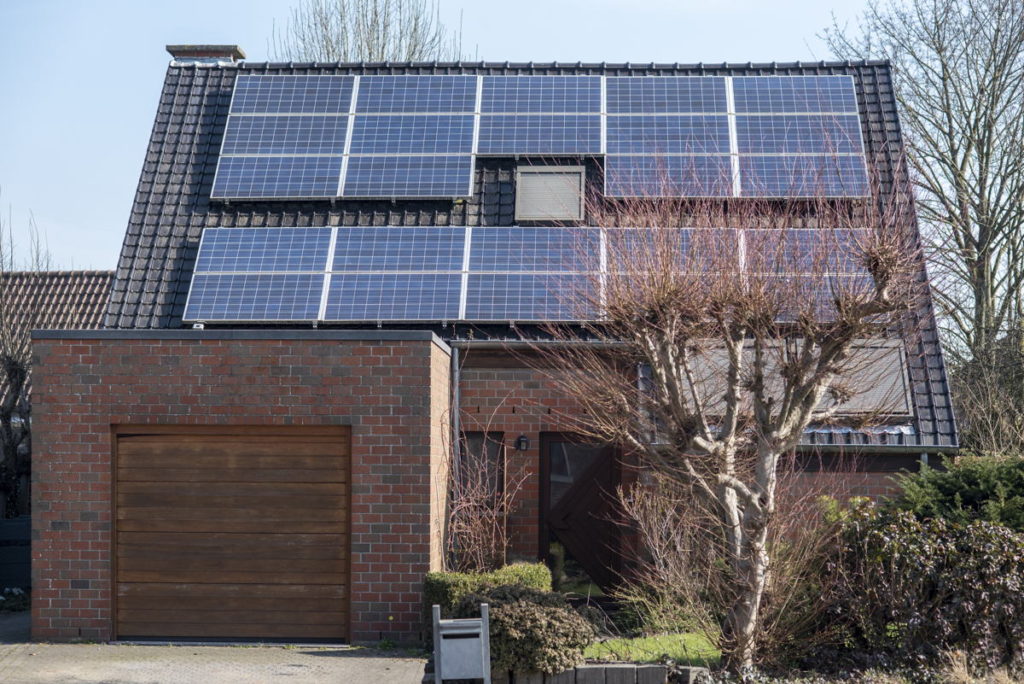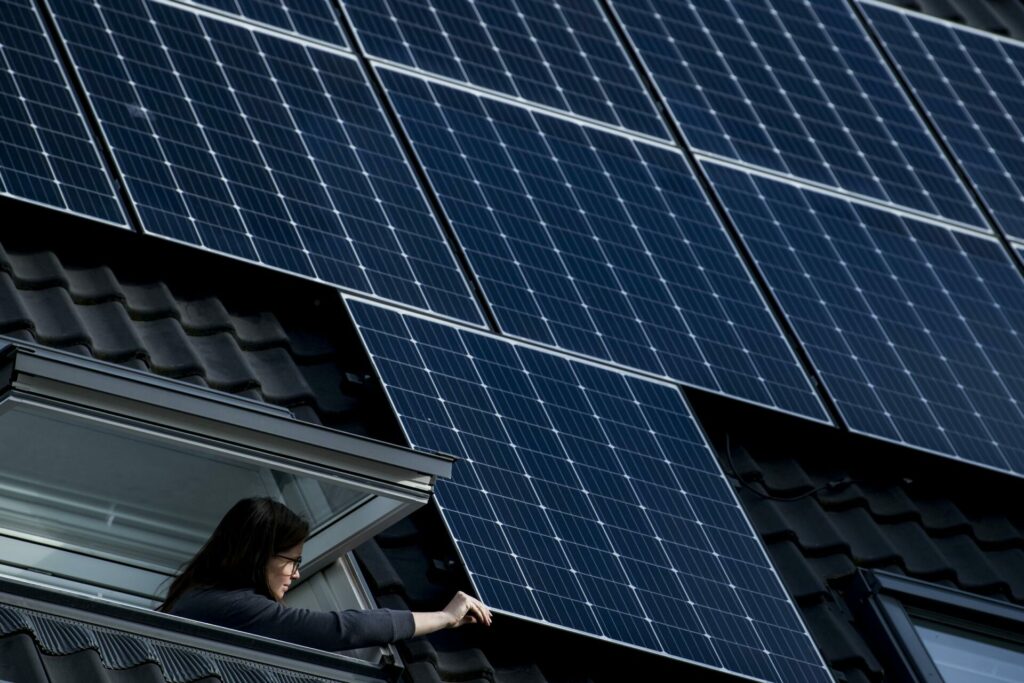Are you thinking of installing photovoltaic panels or modifying an existing solar setup? For those considering green energy upgrades, here is a guide to help you make informed decisions and maximise the financial benefits of solar energy.
Choosing the right panels
Solar panels convert sunlight or the sun's heat into electricity to offer a means of reducing dependence on traditional energy providers and cutting electricity bills.
In Belgium there are two main types of solar panels. Solar Thermal Panels: these harness the sun's heat to produce hot water and heat homes. Equipped with sensors capturing up to 90% of sunlight, these panels transport heat to a water tank for storage, ensuring a continuous supply of hot water, even on overcast days.
Photovoltaic Panels: these panels capture sunlight and convert it into green electricity through photovoltaic solar cells. With two subtypes –Monocrystalline (black, efficient but expensive) and Polycrystalline (blue, less efficient but more affordable) – these panels ensure constant electricity production, making them suitable for various household needs.
The choice between solar panel types depends on the budget, available space, and personal preferences. Monocrystalline panels are more efficient but cost more. But thanks to their higher efficiency, they require less space.
Covering 20-30 m2 of your roof with panels can help offset a significant portion of your electricity consumption. However, due to the costs involved some households choose to install a smaller number of panels.
The cost of solar panels has decreased in recent years, making them more accessible. Currently, a 5,000 Wp installation costs around €6,000 including VAT.
Government subsidies and compensation
Government subsidies for solar panel installations are gradually phasing out. In Flanders, the maximum subsidy for 2024 is €375, down from €750. The subsidy is limited to 40% of total investment costs.
In Brussels, green certificates are available for new installations, allowing "prosumers" (the term given to people who both consume and produce) to receive remuneration when they inject excess electricity into the grid.
To benefit from feed-in tariffs, which provide bonuses for electricity generated, an analogue metre must be replaced with a smart metre. The feed-in tariff is lower than the withdrawal tariff and is set freely by the supplier. Replacing analogue metres with smart metres doesn't affect compensation systems. Prosumers can continue benefiting from the feed-in tariff, ensuring retroactive application.

Credit: Fluvius
Addressing potential issues: Dropouts and system modifications
Potential dropouts in certain municipalities in Wallonia may affect solar inverters, causing interruptions in electricity production. BeProsumer – an association representing solar panel owners – recommends checking with neighbours and reporting issues to the distribution system operators (DSO).
Modifying an existing installation doesn't affect compensation until 2030, provided the additional electricity injection doesn't exceed 1 kW.
Battery investments can further reduce prosumer rates, especially for installations subject to the feed-in tariff. Before investing, prioritise increasing self-consumption by using appliances during peak solar production times.
Also crucial is choosing reliable installers. BeProsumer plans to offer a register of trustworthy installers for ongoing support and future modifications.
Green certificates: Boosting return on investment
Private individuals in Brussels installing photovoltaic panels receive green certificates for ten years. The system adjusts rates annually to ensure a return on investment within seven years.
Solar panel regulations vary regionally. While Flanders and Wallonia generally don't require permits, Brussels has additional visibility and protrusion regulations. Ground-mounted installations or those on protected buildings may need municipal approval.
Inverters are crucial for converting solar-generated direct current to usable alternating current. Select an inverter based on solar panel capacity, aiming for 90-110% compatibility.

